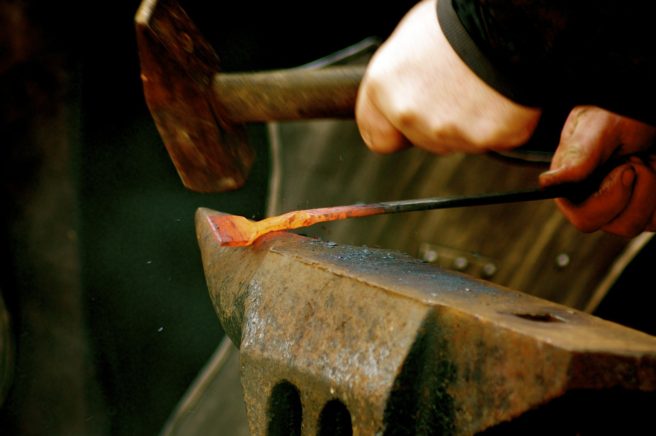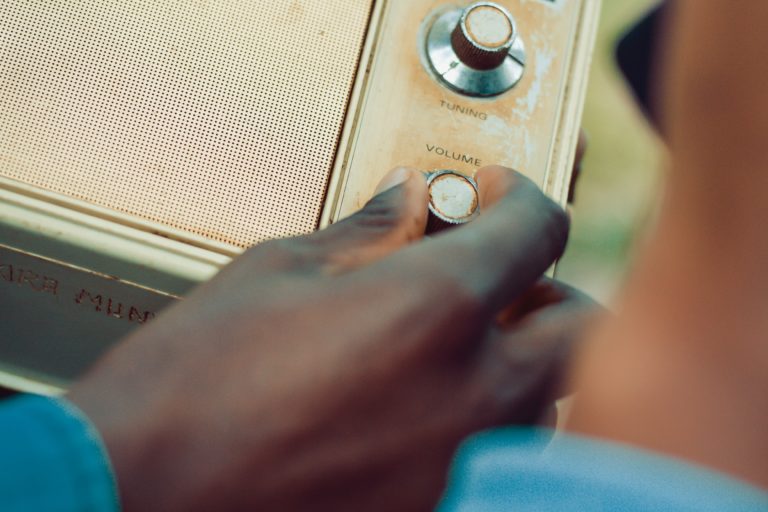12 Idioms and Expressions for Talking About Busy People
To the next level with your English, you’ll have to learn natural-sounding expressions for common words like busy. Doing so will both improve your comprehension and help you sound more like a native speaker.
Here are 12 idioms and expressions we use to talk about being busy.
Interested in learning idioms? If so, check out the idioms and phrasal verb section of the site.
to be swamped
lf you are swamped, you are overwhelmed with the excessive amount of work that you have to do.
“There’s no way I can go out tonight. I’m absolutely swamped right now.”
“All the accountants I know are swamped right now. It’s tax season.”

to be slammed
If you are slammed, it means you are extremely busy and overwhelmed.
“Two people in my department quit this month. I’m totally slammed with work right now.”
“With finals this week, we’re all too slammed to watch TV or go out.”

to have a lot on one’s plate
If you have a lot on your plate, it means you have a lot (or too much) that you need to handle or deal with. Note that we also use to have too much on one’s plate.
“John’s work has suffered a bit, but we all understand. He has a lot on his plate with his newborn twins.”
“Gerald is only taking 14 credits this semester. He says he had way too much on his plate last semester with 18 credits.”

to be tied up (with something)
If you are tied up, it means that you are unavailable because you are busy with something.
“Kelly is all tied up right now. She can’t take any calls.”
“I haven’t been seeing my friends much. I’ve been tied up with wedding preparations.”

to have one’s hands full (with something)
If you have your hands full, it means that you are so busy that you simply can’t handle anything else.
“There’s a huge event on campus today. Our security officers really have their hands full.”
“Flower shop employees often have their hands full on Valentine’s Day and Mother’s Day.”

to be up to one’s eyeballs/neck in something
If you are up to your eyeballs/neck in something, it means that you have an excessive amount of something or are extremely busy with something.
“I’m up to my neck in paperwork right now. I had no idea taking out a mortgage would require so many documents.”
“My professor says she’s up to her eyeballs in work right now. She’s not able to meet with us today.”

to have a lot of irons in the fire
If you have a lot of irons in the fire, it means you have many different tasks that you are responsible for.
“Paul is trying to close three deals today. He has a lot of irons in the fire.”
“I have too many irons in the fire right now to start reading a novel.”

to be snowed under
If you are snowed under, you are overwhelmed by the amount of work you have.
“It looks like I’ll have to take the laptop home again. I’m snowed under right now.”
“It’s important to find ways to relieve stress when you’re feeling snowed under.”

to be hard at work on something
This one is fairly self-explanatory. If you are hard at work on something, it means that you are busy with a certain task.
“All our coaches are hard at work watching film.”
“Many people are happiest when they are hard at work.”

to bite off more than one can chew
If you bite off more than you can chew, it means you take on more than you are capable of handling. This expression is often used in the negative imperative. (“Don’t bite off more than you can chew.”)
“I can’t believe I volunteered to coach my son’s basketball team and direct the church Christmas play. I definitely bit off more than I can chew.”
“Why not just take four classes instead of five? Don’t bite off more than you can chew.”

to be as busy as a beaver/bee
If you are as busy as a beaver/bee, it means you are very busy, hardworking, and active.
“I always remember my mother being busy as a bee around the holidays.”
“Martina is busy as a beaver with all of her volunteer assignments.”


to be burned/burnt out
If you are burned (or burnt) out, you are completely exhausted or ineffective due to overwork or stress.
“You can’t work all year without taking a vacation. You’ll get burned out.”
“Companies are starting to offer more on-site amenities for their employees. These businesses know that it’s important to keep their employees from getting burnt out.”

Try out some of these expressions the next time you want to complain about being busy or make an excuse to get out of going to an event.
For more idiomatic expressions, see these articles on idioms and phrasal verbs.







